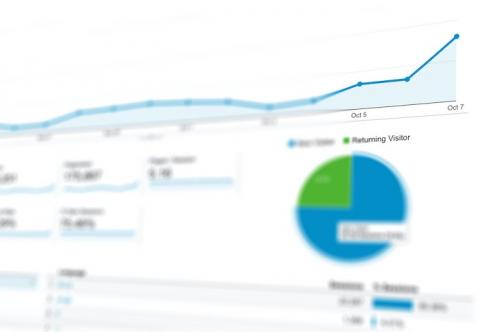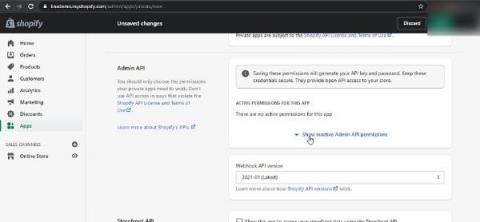How to Use Data Integration to Your Advantage in Ecommerce
The key things to know about data integration in Ecommerce are: Selecting the right Ecommerce platform is a crucial decision for your online store. Whether you go with Shopify, Magento, BigCommerce, or another Ecommerce solution entirely, your choice will determine the features and functionality that your Ecommerce business has access to. While Ecommerce software on its own might suffice for a small business, you’ll likely be looking to expand your IT environment as your company grows.











